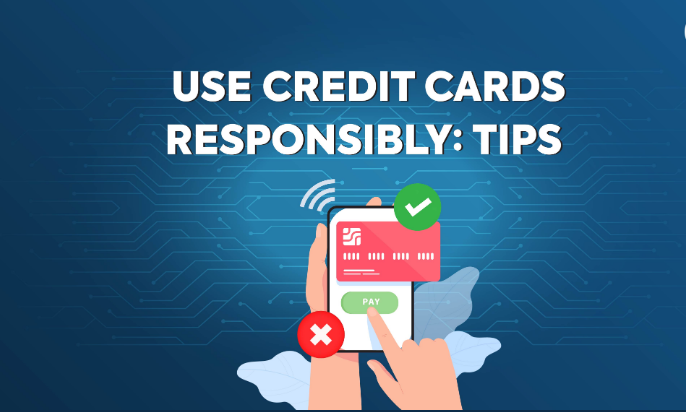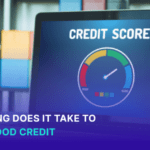How to Use a Credit Card Responsibly
Credit cards are powerful financial tools that, when used wisely, can help build credit, provide rewards, and offer financial flexibility. However, misuse can lead to debt, high interest payments, and financial stress. Here’s a guide on how to use a credit card responsibly and make the most out of it without falling into common pitfalls.
1. Choose the Right Credit Card
Before applying for a credit card, research different options to find one that suits your financial needs. Consider factors such as:
- Interest rates (APR): Lower interest rates are preferable if you plan to carry a balance.
- Annual fees: Some cards charge fees that may outweigh their benefits.
- Rewards and perks: Cashback, travel points, or purchase protections can add value.
- Credit limit: A reasonable limit helps control spending while still offering flexibility.
2. Always Pay Your Balance in Full (or at least the Minimum)
The best way to use a credit card is to pay off the full balance every month. Doing so prevents interest charges and keeps you out of debt. If paying the full balance isn’t possible, at least pay the minimum amount due to avoid late fees and negative impacts on your credit score.
3. Keep Credit Utilization Low
Your credit utilization ratio (how much credit you use compared to your limit) plays a crucial role in your credit score. A general rule of thumb is to keep your utilization below 30%, but lower is always better.
4. Avoid Unnecessary Debt
Credit cards should not be used to spend beyond your means. If you cannot afford something without a credit card, reconsider the purchase unless it’s an emergency.
5. Set Up Automatic Payments
Set up automatic payments for at least the minimum amount due to avoid missing payments. This ensures your credit score remains intact and prevents late payment fees.
6. Monitor Your Statements and Credit Report
Regularly review your credit card statements to catch any unauthorized charges or errors. Also, check your credit report at least once a year to ensure accuracy and track your credit score.
7. Be Wary of Cash Advances
Using your credit card to withdraw cash usually comes with high fees and immediate interest charges. It should only be used as a last resort.
8. Take Advantage of Rewards and Perks
If your card offers cashback, travel rewards, or purchase protection, make sure you understand how to use them effectively. Just be careful not to overspend just to earn rewards.
9. Avoid Opening Too Many Cards at Once
Applying for multiple credit cards within a short period can hurt your credit score and make it harder to manage payments. Instead, open new accounts only when necessary and beneficial.
10. Have an Emergency Plan
If you lose your job or face financial hardship, prioritize making at least the minimum payments on your credit card to protect your credit score. Communicate with your credit card issuer if you’re struggling—they may offer hardship programs or lower interest rates temporarily.
Final Thoughts
Using a smart card responsibly requires discipline, awareness, and smart financial habits. By managing your spending, paying your balance on time, and monitoring your credit usage, you can build a strong credit profile while avoiding debt pitfalls. When used correctly, a smart card is a valuable tool that enhances financial flexibility and security.



